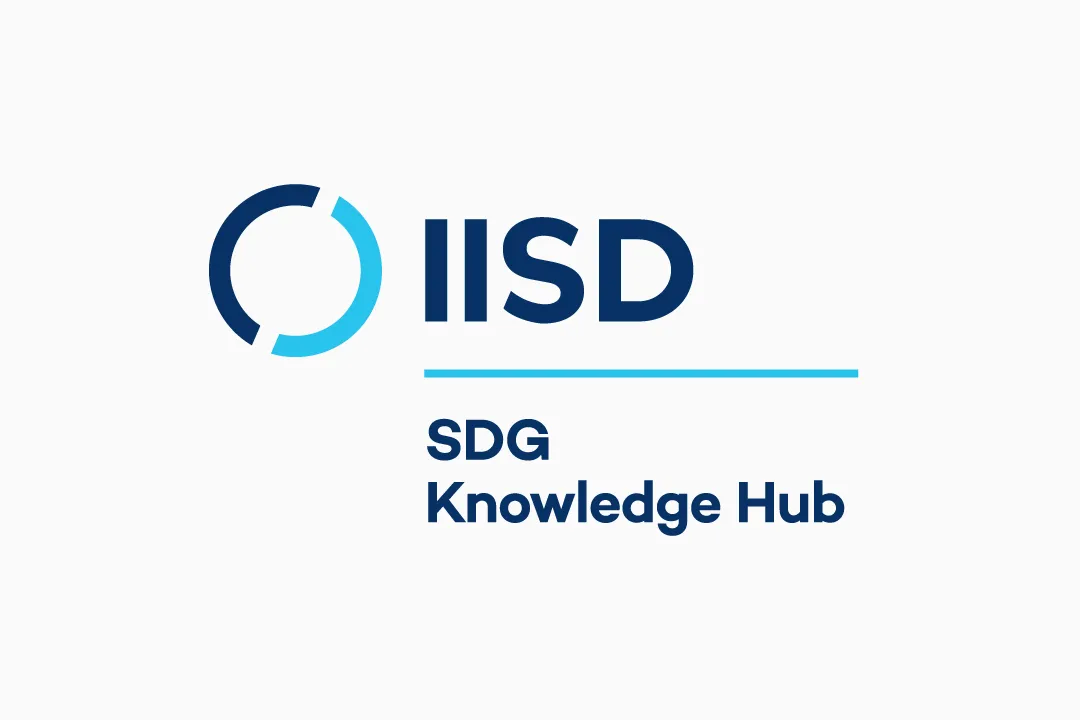27 November 2016: Representatives of more than 50 countries endorsed the ‘Ashgabat Statement on Commitments and Policy Recommendation’ to support cleaner, greener transport systems, at the UN Global Sustainable Transport Conference. The Conference discussed the role of sustainable transport in achieving the 2030 Agenda for Sustainable Development and its Sustainable Development Goals (SDGs), as well as the climate agenda.
UN Secretary-General Ban Ki-moon convened the first-ever global conference on sustainable transport from 26-27 November 2016, in Ashgabat, Turkmenistan. The Conference addressed road, rail, aviation, ferry and maritime modes of transport, and featured discussions on climate change and energy, financing and road safety, among other issues.
In opening remarks to the Conference, Ban underscored the importance of action on transport to ensure implementation of the Paris Agreement on climate change and limit global temperature rise, noting that the transport sector accounts for nearly one-quarter of energy-related greenhouse gas (GHG) emissions. He offered seven ideas on how to move towards sustainable transport, starting with an integrated policy framework that aligns transport and the SDGs, while emphasizing the environment, health and safety. Ban further recommended: addressing the needs of vulnerable countries, such as through simplified border crossings and harmonized regional regulations; promoting better urban transport, including cycling and walking; ensuring safety and security in transport systems; addressing the environmental impacts of transport to mitigate climate change and reduce local air pollution; increasing financing and investment to deliver results; and putting people at the center of transport planning and promoting partnerships. Ban underscored the central message from his High-Level Advisory Group on Sustainable Transport: “greater investment in greener, more sustainable transport systems is essential to achieving the SDGs.”
The Ashgabat Statement reiterates countries’ commitment to continue to work on sustainable transport issues and ensure these issues remain high on the global sustainable development agenda.
Many participants underscored the importance of global sustainable transport systems in achieving the SDGs, especially SDG 3 (good health and well-being), SDG 9 (industry, innovation and infrastructure), and SDG 11 (sustainable cities and communities). Speakers further stressed the importance of leaving no one behind in achieving sustainable transport and the 2030 Agenda, with some calling for expanded access to transport for vulnerable populations, and emphasizing the importance of transport that is safe for all, including for women and girls.
The Ashgabat Statement reiterates countries’ commitment to continue to work on sustainable transport issues and ensure these issues remain high on the global sustainable development agenda. It underscores the importance of promoting science, technology and innovation in sustainable transport systems to bring about transformative changes to transport systems. It identifies energy-efficient technology, and information and communications technology (ICT) as opportunities to promote such changes. The Statement further: welcomes the development and launch of sustainable transport initiatives; and calls for stakeholders to seek and promote collaborative partnerships for sustainable transport.
Addressing the closing ceremony, Wu Hongbo, UN Department of Economic and Social Affairs (DESA), said sustainable transport solutions are “key to leaving no one behind, securing prosperity, enabling access to services and protecting the environment.” Without sustainable transport, he said, “there will be no lasting progress on climate action and the SDGs.” Wu encouraged actions to implement governance, legal and regulatory frameworks, strengthen capacity-building for developing countries and mobilize trillions of US dollars in investments.
On countries in special situations, a side event on ‘Sustainable transport and transit solutions in countries in special situations’ highlighted challenges and obstacles faced by the least developed countries (LDCs), landlocked developing countries (LLDCs) and small island developing States (SIDS). These challenges include: restricted access to the sea; limited air service for both cargo and passengers; high transport costs; and difficulties in securing investments and partnerships. Gyan Chandra Acharya, UN High Representative for LDCs, LLDCs and SIDS, stressed there are 1.1 billion people in these countries, making them critical for an inclusive agenda.
A Transport Business Forum and side events on financing for sustainable transport and transport safety also took place on the margins of the Conference. [UN Press Release on Conference Conclusion] [UN Press Release on Opening] [UN Press Release in Advance of Conference] [UN Meeting Coverage Day Two] [UN Meeting Coverage Day One] [Conference Press Release] [UN Secretary-General Statement] [UNOHRLLS Side Event] [Conference webpage] [World Bank Blog on Event] [UNRIC Press Release]

